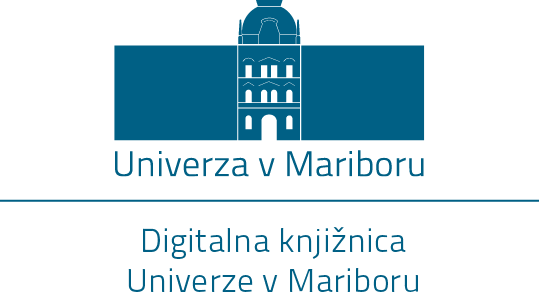V študenta osredinjen študij: pomen učiteljevih pojmovanj in ovire za uveljavljanje paradigme v visokošolski praksi
Kratka vsebina
V središču sodobnih pedagoških pristopov je vse bolj prisotna paradigma v študenta osredinjenega študija, ki ima teoretske temelje v konstruktivistični pedagogiki in poudarja aktivno vlogo študenta v izobraževalnem procesu ter spodbuja razvoj kritičnega mišljenja, samostojnosti in sposobnosti reševanja problemov. Prispevek najprej obravnava pomen učiteljevih pojmovanj za uveljavljanje in praktično udejanjanje te paradigme na visokošolski ravni znotraj kognitivno-konstruktivističnega okvira. Nadalje pa izpostavlja nekatere ovire, ki lahko bistveno omejijo učiteljevo sposobnost inovativnega pedagoškega delovanja. Prvi ključni dejavnik so študentske ocene učiteljevega dela, izvedene preko anonimnih anket, ki naj bi služile kot orodje za merjenje učinkovitosti poučevanja in kot povratna informacija za pedagoški razvoj učiteljev, druga pa potiskanje učitelja v izvrševalca pogosto administrativnih navodil »od zgoraj«. Namen prispevka tako ni zgolj analitična obravnava konceptualnih in strukturnih vidikov uveljavljanja v študenta osredinjenega pristopa, temveč tudi spodbuda k širšemu in bolj kritičnemu razmisleku o položaju visokošolskega učitelja danes ob vse večjih pričakovanjih glede pedagoške inovativnosti in hkratnih zunanjih pritiskih.







